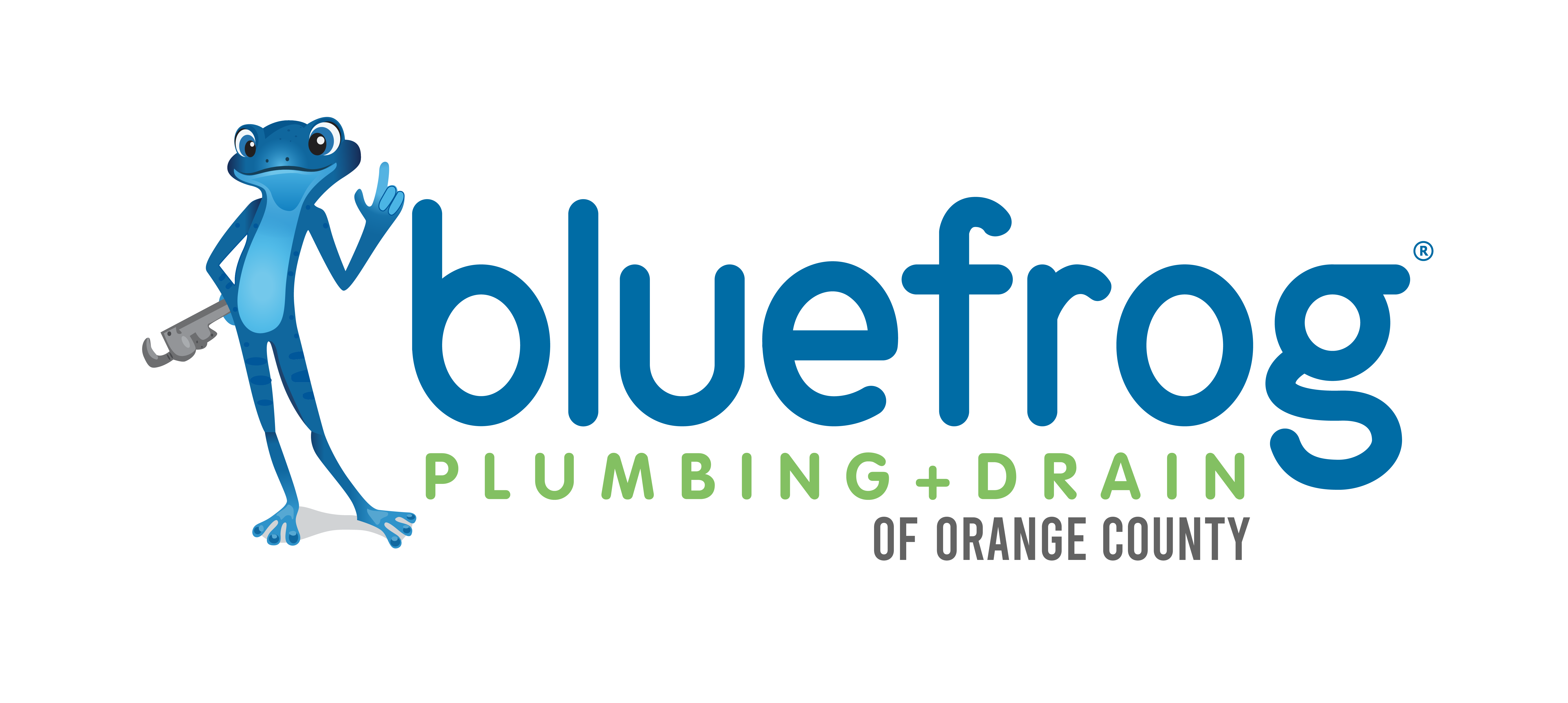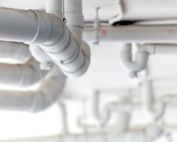What Actually Causes Plumbing Leaks
Plumbing leaks can be a nightmare for homeowners. Whether it’s a simple drip or a major leak, unwanted water in the house causes serious problems. Understanding the common causes of plumbing leaks is a great start to preventing these plumbing catastrophes. And knowing the exact source of a leak can save you time and money when trying to solve the problem. Diagnosing the source of your leak is much simpler than you think. So, here are some of the actual causes of common plumbing leaks.
Corrosion
As your plumbing system begins to age over time, rust and corrosion can form and eat away at the pipes. When you start to notice discoloration on your pipes, make sure you call an emergency plumber right away. This is a tell-tale sign of pipe corrosion and could lead to a massive plumbing leak in the future.
Clogs
Simple drain clogs are just an annoyance. Some clogs, though, can lead to overflowing pipes and plumbing leaks. Clogs cause water to back up in pipes, and a back up can lead to extensive septic issues as well as plumbing leaks. In addition, when logs cause the pressure to build up, you could experience a pipe break.
Broken Seals
One of the most common plumbing issues are broken seals. Most appliances in your home have seals around the water connectors. As your appliances begin to age, their seals can wear and break. Broken seals will cause intense plumbing leaks and having the right tools to fix them can be a problem. Having the right emergency plumber on speed dial will be a lifesaver.
Broken Pipe Joints
Pipe joints are the places where your pipes connect. Over time, your pipes may deteriorate with age. A deterioration at the pipe joint can cause a plumbing leak. Unfortunately, pipe joints are not visible and broken joints are hard to detect. If you hear ticking in your pipes when you turn on the hot water, you could have a pipe joint issue. Make sure to have your plumber evaluate your pipes so that you don’t have a major problem.
Drastic Temperature Changes
In today’s climate drastic temperature changes from one day to the next are quite common. This change in temperature causes your pipes to expand and contract. The expansion and contraction could cause a crack in the pipes, especially during the wintertime. A crack in the pipes can lead to major plumbing leaks. If you notice that your water pressure has changed, you could have a broken pipe. Call your plumber immediately.
So, How Do I Stay Proactive?
Taking the time to do a monthly check of the symptoms mentioned in this article is a great way to prevent major plumbing problems. This article from the EPA is also a great source on how to fix plumbing leaks. If you notice any of these symptoms, you should call your trusted plumber for a diagnosis. Fixing a problem early could save you thousands of dollars and many headaches.

Slab Leaks: A True Plumbing Emergency
Home building following World War II was aggressive, so many houses were built on cement foundations to reduce the time it took to build them and to keep costs at a minimum. They were
How To Extend The Life Of Plumbing Pipes
A plumbing system consists of a complicated series of pipes, fixtures, and appliances that provide the infrastructure to run a well-functioning home. In this article, we will focus solely on plumbing pipes and ways
3 Silent Signs You Have A Plumbing Problem
Some plumbing issues announce themselves with a fury such as a drain backing up with sewage or a burst pipe, while others remain silent and destructive. In this article, we will reveal 3 signs



